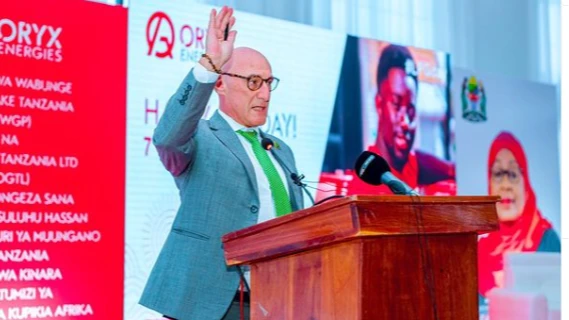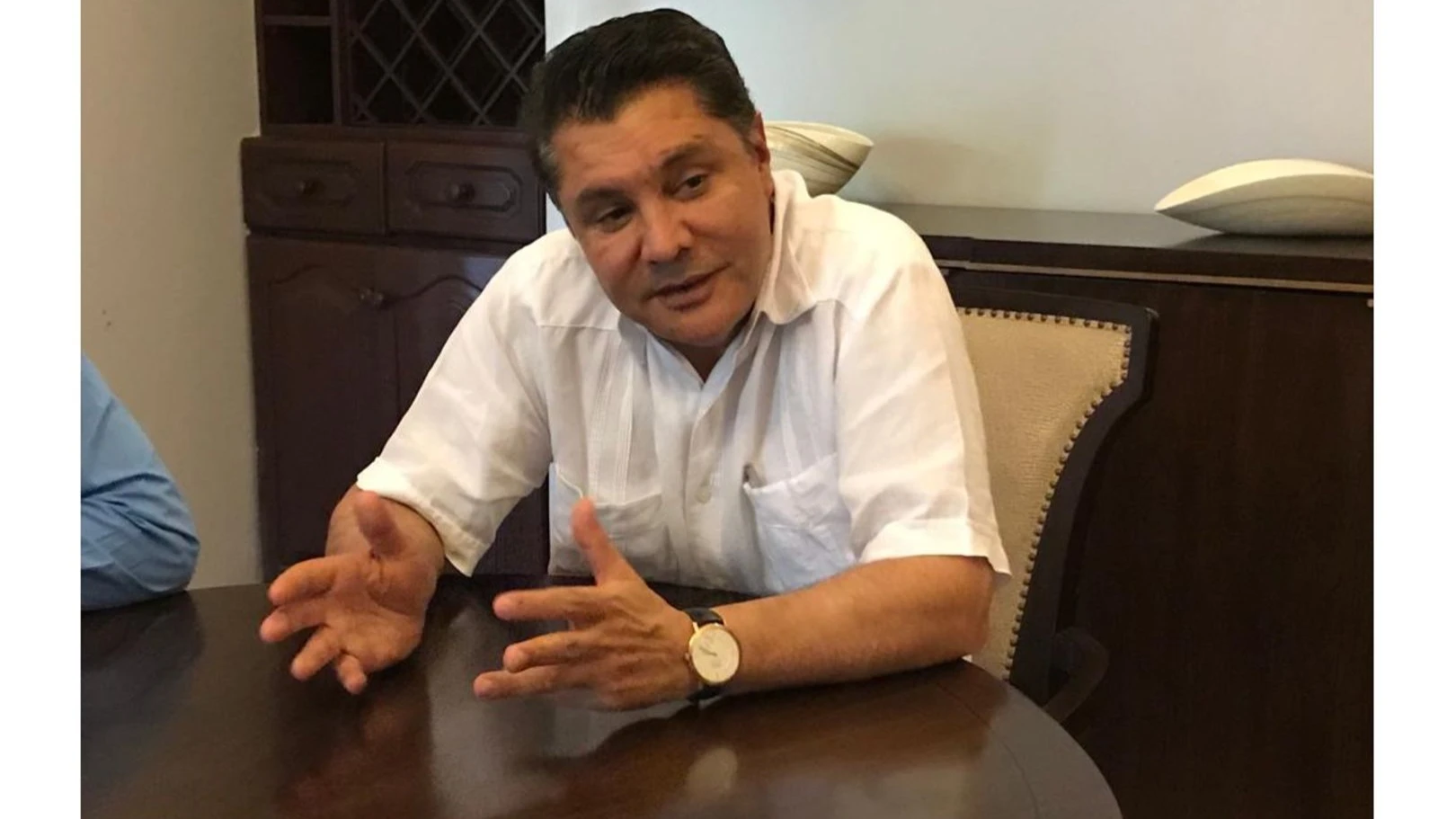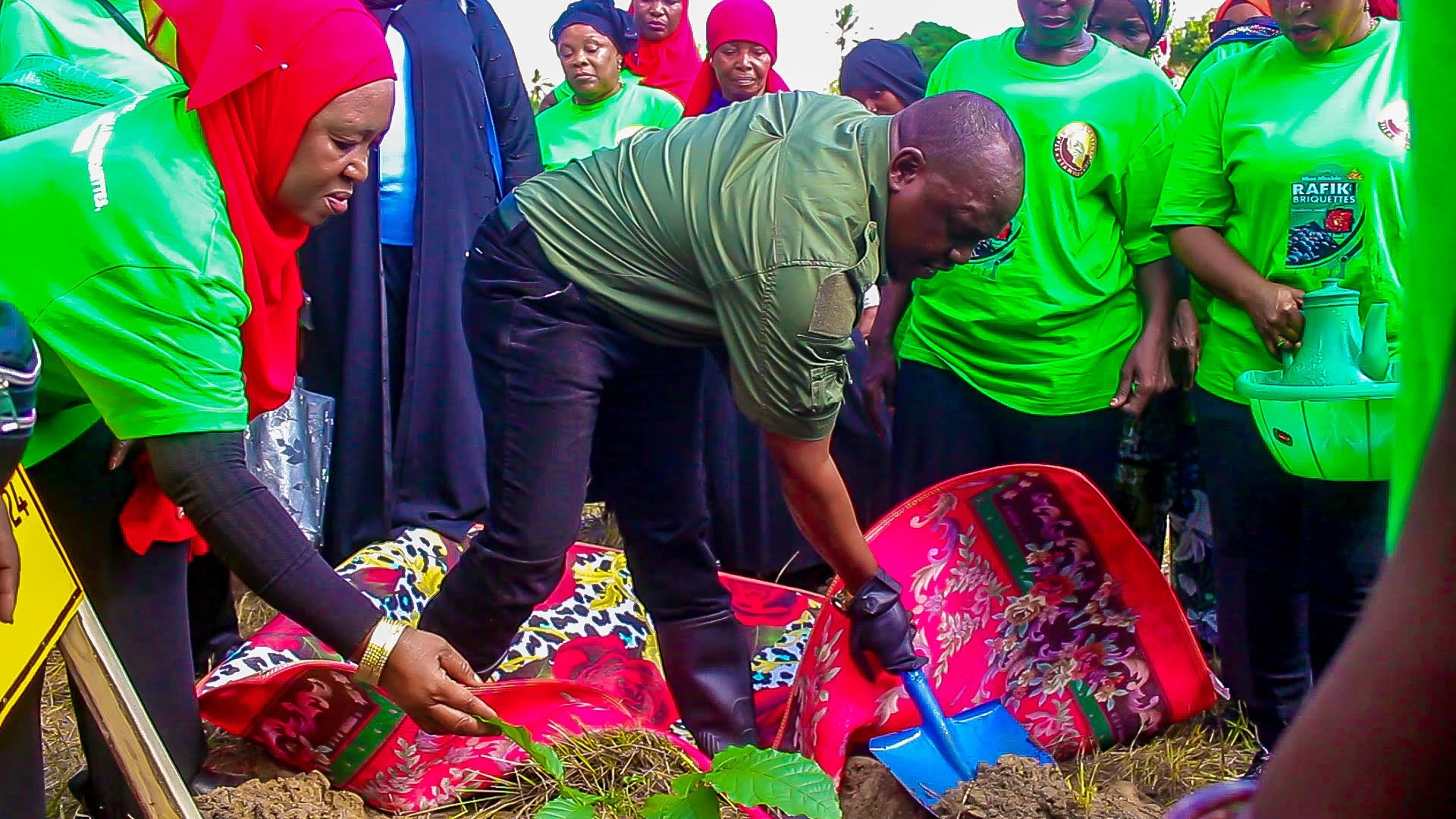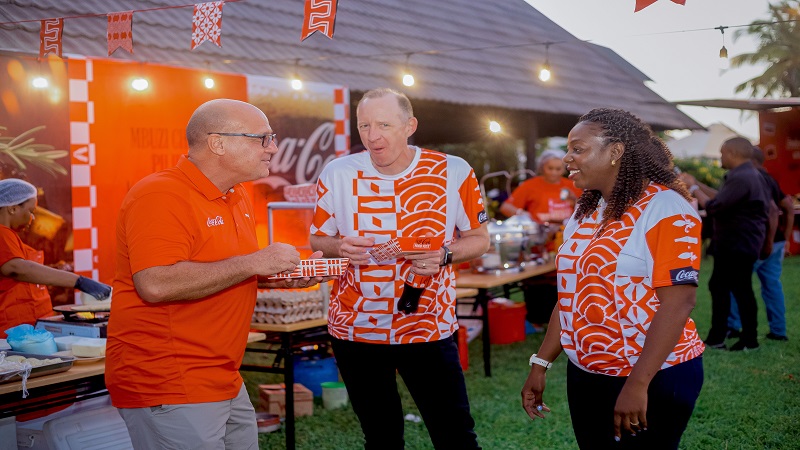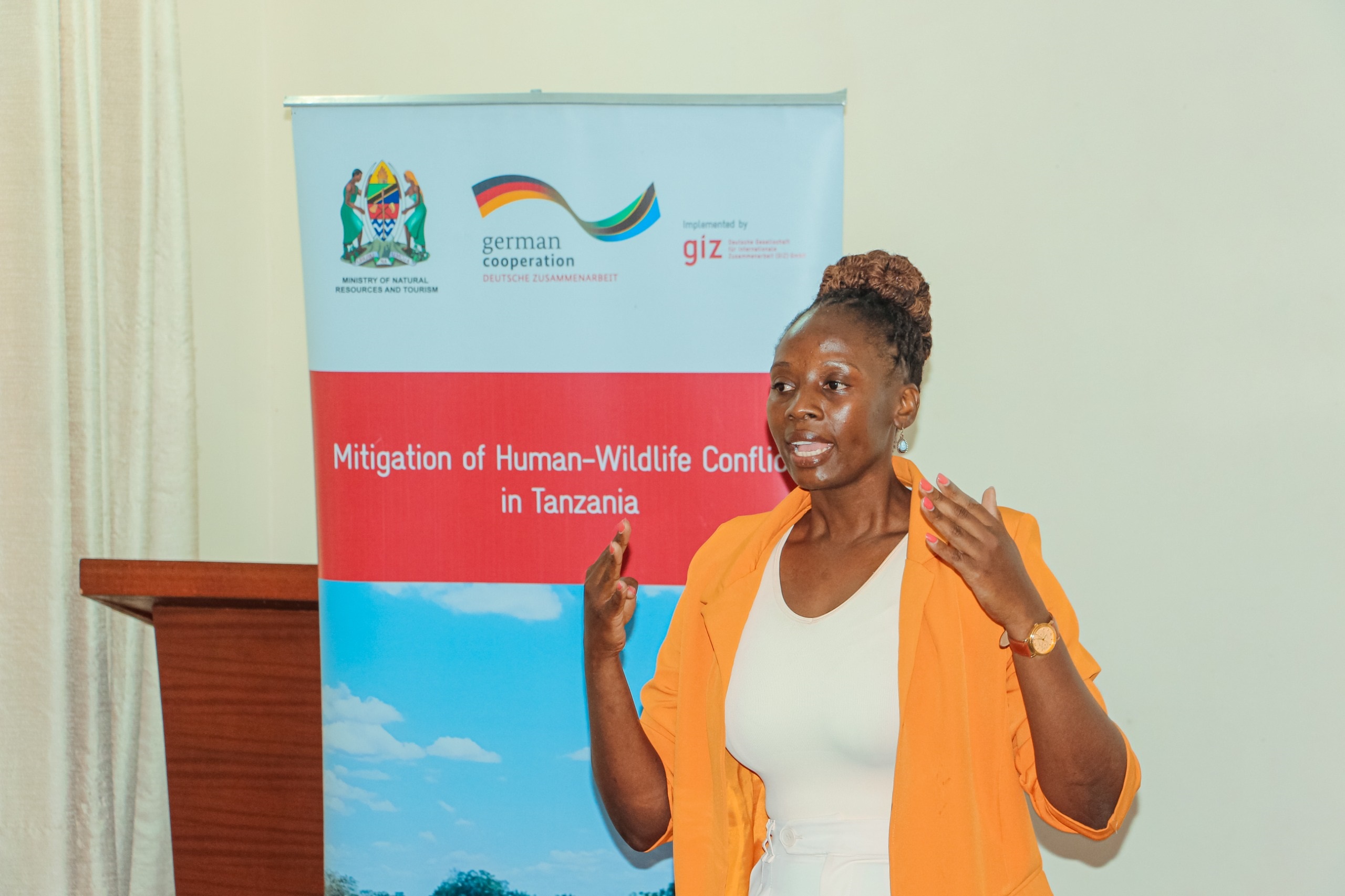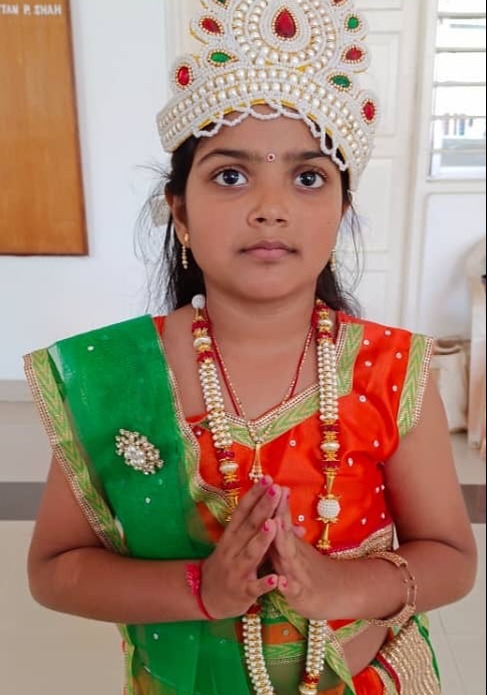MVIWATA’s rural tourism programme helps promote conservation, improves smallholder farmers livelihoods
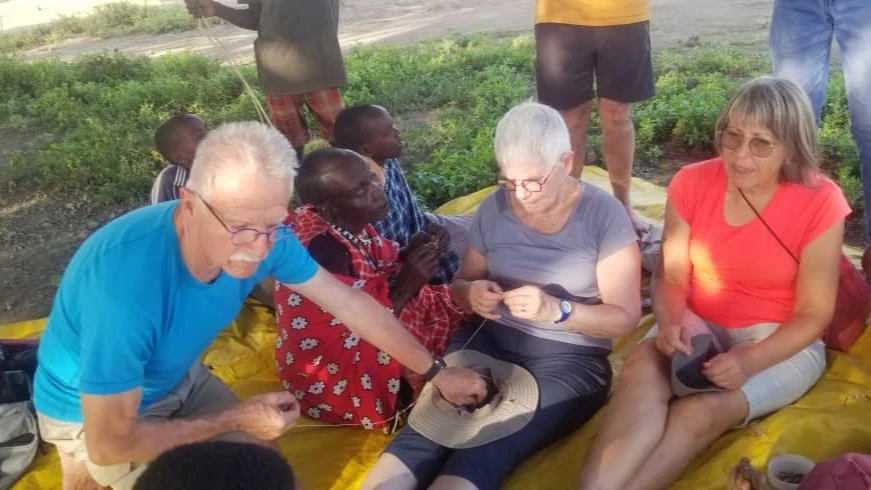
RURAL tourism refers to tourism activities that take place in non-urban areas. It allows visitors to experience and enjoy the rural way of life, which includes natural landscapes, traditional cultures, and agricultural practices.
It provides a unique opportunity to visitors to explore and appreciate the simplicity and beauty of rural life while supporting the economic and cultural vitality of the regions.
The national network of small-scale farmers groups in Tanzania (MVIWATA) collaborates with villagers in Kilimanjaro, Arusha, Tanga, Morogoro, and Zanzibar to ensure rural tourism is effectively practiced by local families.
MVIWATA implements the initiative in collaboration with a French-based organization—TAMADI, to boost rural tourism and create a platform where visitors from abroad will have a chance to tour smallholder farmers and learn their traditions in their homesteads.
Through this collaboration, travellers from various parts of the country come to Tanzania to engage with and learn from local communities.
TAMADI also works with other peasant organizations, notably La Via Campesina, an international peasant movement, with the primary goal of demonstrating that alternative tourism is viable. The approach allows people to experience and appreciate diverse cultures without harming or encroaching on the environment, cultures, or resources of the host communities.
The hosts in this model are often smallholder farming families living in selected villages, which are organized into various tour circuits.
The majority of travelers come from France and Belgium, which have long been leaders in this type of cultural exchange. The approach has provided economic, social, political, and environmental benefits to the involved communities.
MVIWATA also receives a portion of the income generated from touristic activities. It uses the funds to support various network activities, including member training, meetings, and infrastructure development. Socially, the funds are used to build or improve schools, hospitals, and roads.
Rural tourism fosters conservation efforts as villagers are motivated to protect their forests, environment, and water sources since they are integral to their culture, wealth, and identity.
One of the rural areas where this kind of tourism is practiced is Bumbuli ward in Bumbuli District, Tanga Region. In interviews with local families, it was noted that, historically, locals viewed white people as superior, which led to a fear of interaction.
However, this type of cultural exchange has significantly changed this perception. Locals are now engaging with visitors more openly, seeing them as regular people who can learn from them.
Cultural interaction raises concerns about potential behavioral changes that might not be perceived as beneficial to local communities. With this type of tourism, travelers are encouraged to respect and adhere to local cultural norms and traditions, treating their hosts as guests rather than typical tourists.
As part of the exchange, travelers learn Swahili and other tribal languages, adopt local dress styles, observe eating habits, and participate in celebrations, food production, and preparation.
When visitors come to Tanzania, their primary goal is to understand Tanzanian culture, and lifestyle, and to build meaningful relationships with local communities. They actively engage in community activities, contributing to social events and daily life.
To ensure a positive experience and minimize challenges, the program has established criteria and conditions for visiting these communities. Visitors are aware that they are entering rural areas and are expected to follow local customs, including modest dress and behavior.
The program also opens up entrepreneurship opportunities by aligning rural tourism activities with local traditions and promoting businesses related to Tanzanian culture. For instance, the Maasai community interacts with farmers and spice producers, particularly in Zanzibar.
Mlidhani Hatuwezi, a farmers' group in Pongwe, Zanzibar is one of 16 villages participating in the rural tourism programme. The group, with 35 members, is involved in algae farming, goat and poultry keeping, and soap production using materials from their algae farms.
The group provides food, accommodation, and demonstrations of agricultural, handicraft, and cultural activities to visitors. Tourists pay a substantial amount to the group, and the income is divided among members, with some funds allocated to support their agricultural activities through the group’s bank account.
Execution of income-generating activities has led to an increase in group membership from 20 to 35 and the formation of additional farmers' groups in Pongwe village.
Asha Hamis, Chairperson of the Mlidhani Hatuwezi group from Pongwe in Unguja Island, shared with The Guardian that the group has experienced significant direct benefits. Their number of goats has increased from five to 33, chickens from ten to 70, and algae farms from two to 17.
The group is also working on a project to construct a building that will serve as both an office and an algae farm store. Indirect benefits include improved health and sanitation through the construction of toilets and hygiene training.
“As a smallholder farmer, I feel proud to welcome travelers to my village. We showcase our daily activities, including farming, traditional foods and beverages, handicrafts, and cultural practices,” said Hamis
She shared that, as a farmer, she never imagined interacting with outbound travelers, let alone sharing Unguja’s local foods with them.
“It is a privilege. We were used to seeing tourists stay in luxury hotels in Zanzibar, but this project has enriched us and made us proud of our culture and values. Our translators help us overcome language barriers, allowing us to communicate effectively with tourists,” Hamis added.
Daniel Wilson, a host family member in Kwalei Ward, Bumbuli District, Tanga Region, noted that the program began in 2010 with 18 villages participating, and they have been welcoming tourists annually.
Following the growing number of visitors each year, the existing accommodations are insufficient, prompting the construction of additional houses to meet the demand and harness the benefits for the villages.
Wilson explained that the group conducts evaluations to assess the arrival of visitors, address challenges, and explore future opportunities for improvement.
“To enhance our services, we have sent two villagers to a tourism college to develop their skills in the service industry. They are now sharing their knowledge with other villagers,” Wilson told The Guardian.
Sara Vicent, a villager in Kwalei ward said the program experienced difficulties during the COVID-19 pandemic but rebounded with an increased number of visitors, which has greatly motivated the community.
“This program under MVIWATA has brought many travelers to our area; it has motivated us to preserve our culture. We have also built additional houses. Many people appreciate the Bumbuli environment, particularly the mountains and the local people. The benefits have allowed us to construct school toilets to ensure hygiene amongst children,” Vicent noted.
Maria Petro, a Bumbuli villager and MVIWATA member noted that visitors come to the villages to learn about and experience Bumbuli's cultural traditions.
“They enjoy our traditional food, with some even joining us in the kitchen to observe, while others visit the farms to see our harvesting and planting processes. They observe and learn about our village life,” Petro explained.
She highlighted that visitors take pleasure in diverse traditions, such as dancing traditional Kisambaa dances and learning the Kisambaa language, which they pick up quickly.
She said many visitors enjoy interacting with village children, photographing the mountains and valleys as well as participating in local activities like coffee gatherings. Some traditional foods that visitors particularly enjoy include chapati, peanuts, ugali, cassava, coffee, vegetables, and fruits.
Theodora Pius, Head of Programs at MVIWATA, explained that rural tourism organized by the network involves multi-day trips called circuits, which currently include 15-day and 22-day options.
“Visitors gain insights into various aspects of our culture, including rituals, traditional foods, and their significance, and how we celebrate and mourn. They also learn about our food, language, games, agricultural techniques, and various production methods from the local communities,” Pius told The Guardian, noting that visitors normally visit communities in Arusha, Kilimanjaro, Tanga and Morogoro regions as well as Zanzibar.
Currently, the trips begin in Kilimanjaro Region, specifically in the villages of Mlima Shabaha, where visitors observe livestock farming and agricultural activities. In the Arusha Region, tourists explore the Tarangire area, and stay with local villagers, with accommodation and food costs covered by MVIWATA members.
“Under this arrangement, all costs related to accommodation, food, and other expenses are paid directly to the host families, most of whom are MVIWATA members. A special arrangement for sharing the income helps boost their economic activities," she added.
Top Headlines
© 2024 IPPMEDIA.COM. ALL RIGHTS RESERVED











